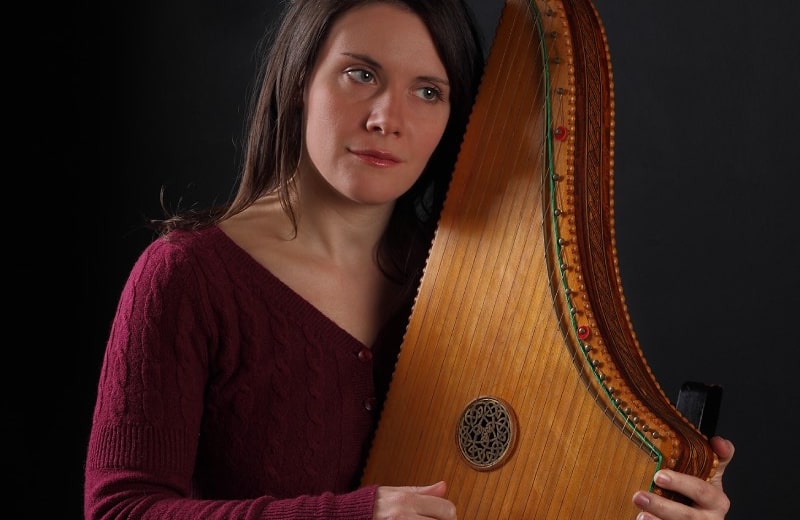
Selecting the right instrument before starting to learn music depends on several factors, including personal preferences, budget, available space, physical condition, and the portability of the instrument. Here's a guide to help you make the best choice.
Understanding the different types of musical instruments is crucial. Based on how they are played, instruments can be categorized as:
String Instruments (Chordophones): These produce sound through vibrating strings, either by plucking (e.g., guitar, santur) or using a bow (e.g., violin, cello). Examples include the violin, guitar, santur, and oud.
Wind Instruments: Sound is produced by vibrating air. They are divided into brass (e.g., trumpet, saxophone) and woodwind instruments (e.g., flute, clarinet).
Percussion Instruments: These make sound when struck with a beater or hand. Examples include drums, tabla, and Cajón.
Keyboard Instruments: Instruments like the piano, organ, and accordion. The piano, with its vast repertoire, is great for independent learners with a calm personality.
The time it takes to learn an instrument varies with practice:
String Instruments: Require patience and dedication. Basic proficiency typically takes 12 to 24 months with consistent practice.
Wind Instruments: Progress is usually quicker, taking about 10 to 24 months to learn the basics.
Percussion Instruments: Easier to learn, especially for those with a good sense of rhythm, usually taking about a year to master the basics.
Age impacts learning:
Children Under 10: Best to start with the Orff approach, which uses child-friendly instruments like bells and recorders to teach music through play.
Children Over 10: Should choose based on their interest. Instruments like the piano, violin, and guitar are excellent choices.
Older Learners: Should pick an instrument they are passionate about, considering their limited time for practice.
Physical readiness is essential:
Success in learning music relies heavily on diligence, persistence, and genuine interest. The best teacher can only guide you; it’s your commitment and practice that will lead to mastery.
Choosing the right instrument is a personal decision influenced by many factors. By considering your interests, physical condition, age, and dedication, you can find the instrument that suits you best.
At Melorin Music School, we support your musical journey with a free first lesson to help you get started. Join us and discover the joy of learning music!